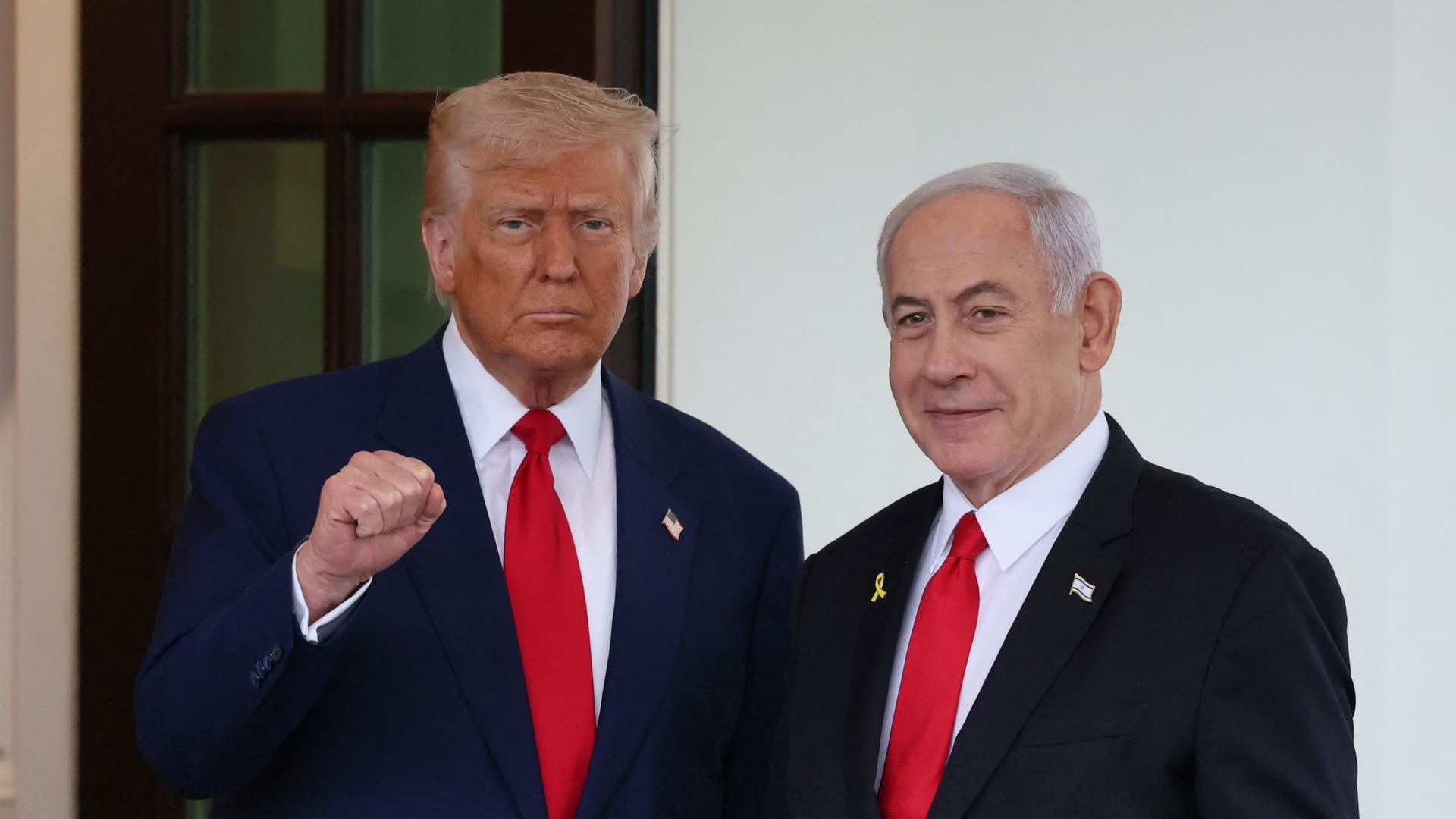
A team of inspectors from the UN’s nuclear watchdog have left Iran, following Tehran’s decision to suspend cooperation with the organisation after its 12-day conflict with Israel and the United States.
In a statement posted on X on Friday, the International Atomic Energy Agency (IAEA) said its employees would return to its headquarters in Vienna, Austria.
list 1 of 3
US says its strikes degraded Iran’s nuclear programme by one to two years
list 2 of 3
After backing Israel, Iran’s self-styled crown prince loses support
list 3 of 3
Iran says it is committed to NPT, slams Germany’s support for Israel
end of list
IAEA Director-General Rafael Grossi stressed “the crucial importance” of holding talks with Iran to resume its monitoring and verification work as soon as possible, the post added.
Al Jazeera’s Resul Serdar, reporting from Tehran, said it was not clear what proportion of the IAEA staff left the country.
“Based on the language used, it is not clear if all or some of them left Iran, but we understand that some of them are still here,” he said.
“What we know is that they did not fly out; this departure happened through land into Armenia yesterday or the day before,” our correspondent said.
“And then they went to Vienna,” Serdar also said, adding that the development has started an era of “nuclear ambiguity” in Iran.
The inspectors stayed in the Iranian capital throughout the recent fighting, which started on 13 June when Israel targeted Iranian military sites and killed some of the country’s most senior commanders, top scientists, and a number of civilians.
The US later became involved in the conflict, dropping bunker buster bombs on nuclear facilities in Iran, in a mission the Trump administration claimed had significantly set back the country’s nuclear programme.
Advertisement
In the aftermath of the US and Israeli aerial attacks, Iran, which has said it is still committed to the Treaty on the Non-Proliferation of Nuclear Weapons (NPT), but made painfully clear its burgeoning distrust of the IAEA.
Since the start of the conflict, Iranian officials have sharply criticised the IAEA not only for failing to condemn the Israeli and US strikes, but also for passing a resolution on June 12 accusing Tehran of non-compliance with its nuclear obligations, the day before Israel attacked.
On Wednesday, Iran’s President Masoud Pezeshkian ordered the country to cut ties with the nuclear watchdog. A bill to suspend cooperation had already been passed in the Iranian parliament and approved by the country’s Guardian Council.
Guardian Council spokesperson Hadi Tahan Nazif said the decision had been taken for the “full respect for the national sovereignty and territorial integrity of the Islamic Republic of Iran”.
The bill itself says the suspension “will remain in effect until certain conditions are met, including the guaranteed security of nuclear facilities and scientists”, according to Iranian state television.
The US Department of State spokesperson Tammy Bruce called Iran’s decision to suspend cooperation with the IAEA “unacceptable”, urging Tehran “to reverse course and choose a path of peace and prosperity”.
“Iran cannot and will not have a nuclear weapon,” she reiterated.
Tehran denies wanting to produce a nuclear bomb, reiterating for years that its nuclear programme is for civilian use only. Neither US intelligence, nor Grossi said they had found any proof Tehran was building a nuclear weapon.
British Caribbean News


